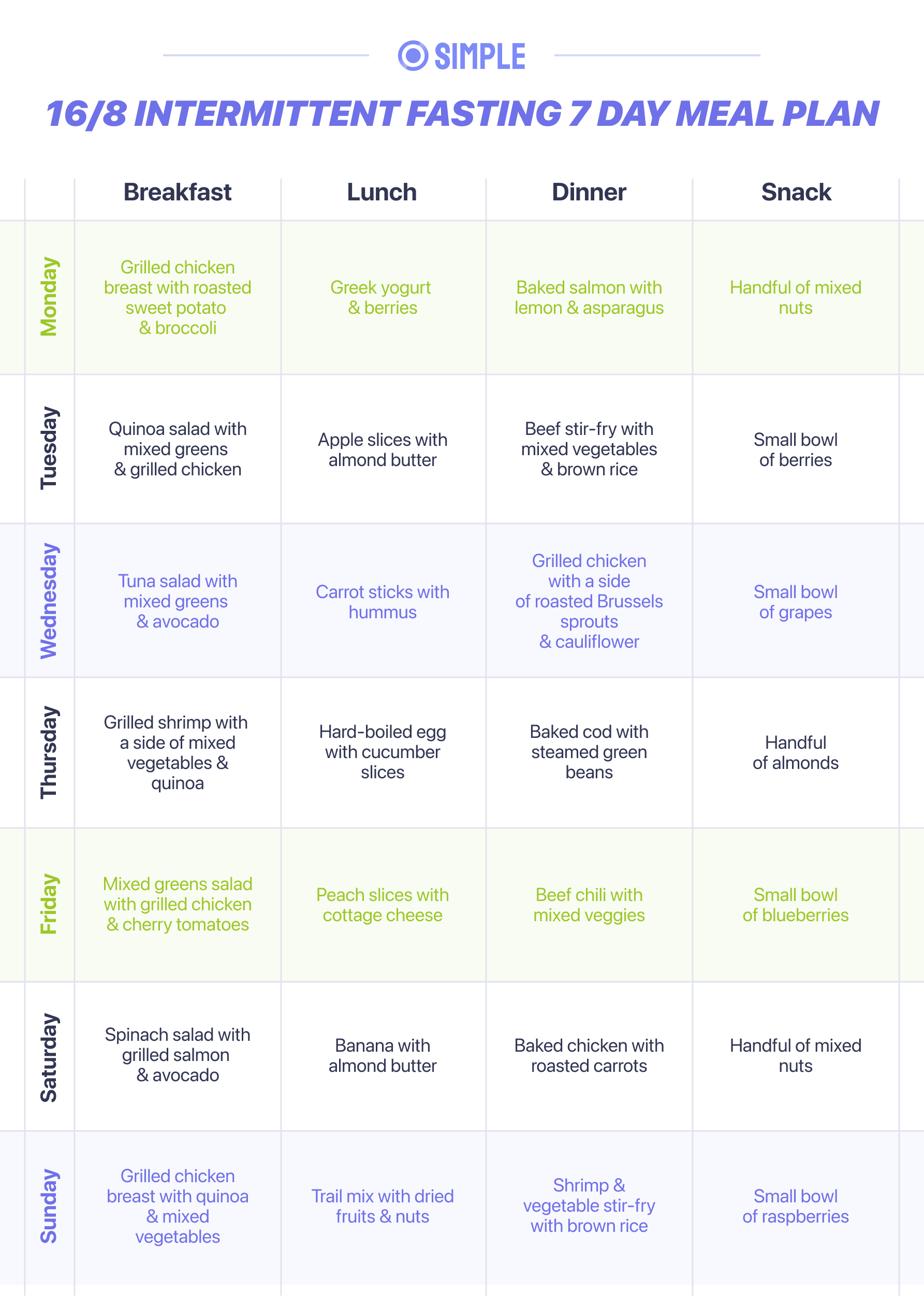Within today's rapid world, it is simple to get swept up in the latest diet fads, each that promise rapid results and a transformation in no time. On the other hand, many of these trendy diets lack the enduring foundation needed for long-term change. Instead of jumping from one diet plan to another, it's essential to understand the different types of diets out there and how they can fit into your way of life. This guide will assist you explore the landscape of widely accepted diet options and determine which method aligns best with your objectives and values.
From the Mediterranean diet, commended by health professionals for its cardiovascular advantages, to the increasingly popular plant-focused and vegan diets, grasping the benefits and cons of all dietary approach will empower you to make informed choices. If you are looking to shed pounds, gain muscle, or simply feel better overall, there is a diet that can accommodate your needs. Moreover, we will explore sustainable options that not only benefit your health but also contribute positively to the planet. Join us as we delve into the realm of diets, helping you ditch the fad and adopt a sustainable path towards health and well-being.
Famous Diet Types Overview
In today's health-conscious society, a multitude of diets have emerged, each offering distinct advantages and results. From the Ketogenic diet and Paleo to the Mediterranean dietary pattern, these choices often attract attention for their various claims regarding weight loss, health benefits, and lifestyle enhancements. Understanding the fundamental ideas of each eating plan can help you determine which matches best with your objectives and values.

The Keto diet focuses on elevated fat and reduced carbohydrate consumption, promoting ketosis for weight loss. Conversely, the Paleo diet encourages a return to whole foods similar to those consumed by our forebears, highlighting lean meats, fruits, and vegetables while removing processed foods. The Mediterranean-style diet, renowned for its cardiovascular benefits, focuses on olive oil, whole grains, fish, and fresh produce, establishing it as a staple among health professionals.
In addition to popular diets for fat reduction, there are lifestyle-centered diets such as vegetarianism, veganism, and the flexible vegetarian approach, which balances plant-based diets with occasional meat consumption. These diets often reflect ethical values regarding animal welfare and environmental protection, appealing to those seeking to contribute positively to the planet while also enjoying varied food choices.
Diet Benefits and Drawbacks
As you evaluate different dietary approaches, one must to compare the advantages and disadvantages. Common dietary strategies including the Ketogenic or Paleo method may aid in quick fat loss while promoting better food choices. These diets often eliminate processed foods, encouraging the consumption of whole, nutrient-dense foods. Additionally, numerous dietary plans come with specific rules which can help individuals remain committed and accountable in their dietary choices.
However, numerous popular diets bring potential dangers. Rigid diets can cause nutritional deficiencies or poor dietary habits if not managed well. For example, even if the Keto approach works for some, its high-fat content can be difficult for those with particular medical concerns. In addition, diets like Whole30 may lead to short-term success, but individuals might face difficulties with long-term adherence due to their strict rules, leading to a cycle of yo-yo dieting.
Sustainable diets, such as the Mediterranean or vegan or vegetarian diets, encourage long-term health benefits without the strict limitations of fad diets. These diets highlight balanced eating, integrating a variety of food groups while promoting mindful consumption. While transitioning to a more sustainable diet may call for changes and knowledge of nutritional choices, the overall emphasis on wellness and environmental impact makes it a better choice for lasting health improvements.
Eco-friendly and Lifestyle-Friendly Eating Habits
Sustainable diets concentrate on not only individual health but also the health of the Earth. https://vazquez-gaarde-3.blogbright.net/examining-the-range-10-creative-eating-strategies-you-may-not-have-experienced , minimally processed foods, favoring vegetable-based options over animal products. The Mediterranean diet, frequently recommended by healthcare professionals, exemplifies this approach by promoting fruits, vegetables, whole grains, and healthy fats while reducing red meat and processed sugars. Many select this diet not only for its health benefits but also for its ecological impact, making it a popular choice among those seeking long-term solutions.
The adaptability of the semi-vegetarian diet allows individuals to enjoy the benefits of vegetarianism without entirely removing meat. This diet encourages a predominantly plant-based lifestyle while allowing occasional meat consumption, making it simpler for many to embrace. It supports sustainable eating by decreasing the overall demand for animal products and encourages diverse food choices, which can lead to more balanced nutrition. This adaptability makes it an appealing option for those who want to focus on health without strict dietary limits.
Selecting a sustainable diet means considering how it fits into your lifestyle and values. Whether exploring raw foods, macrobiotic eating plans, or anti-inflammatory diets, the essential factor is to discover an approach that aligns personally. By matching dietary choices with personal health goals and ethical considerations, you can foster a lasting dedication to a more nutritious lifestyle while supporting both yourself and the environment.
